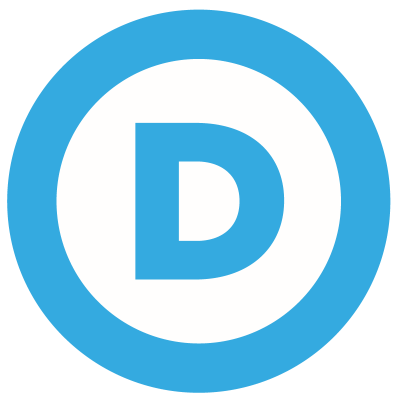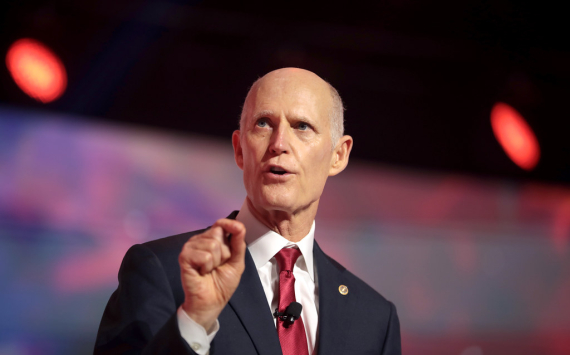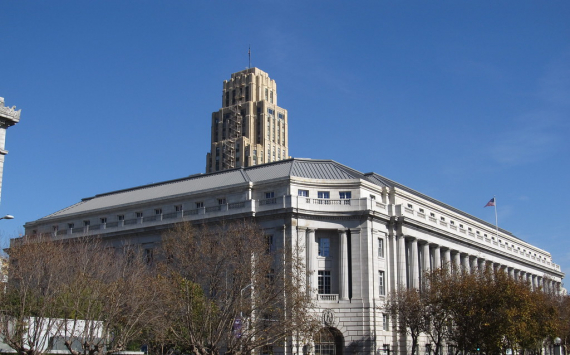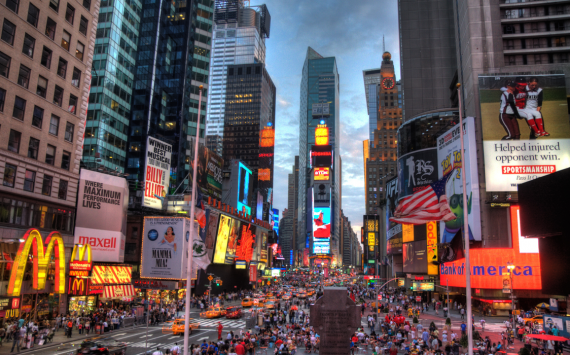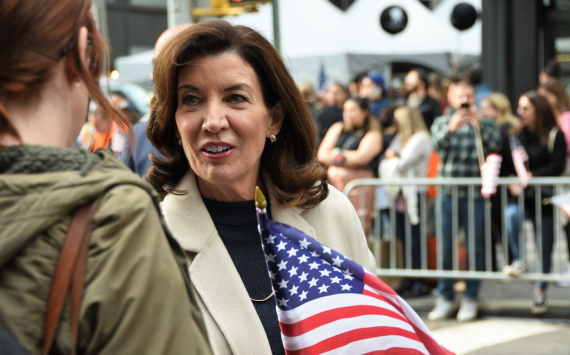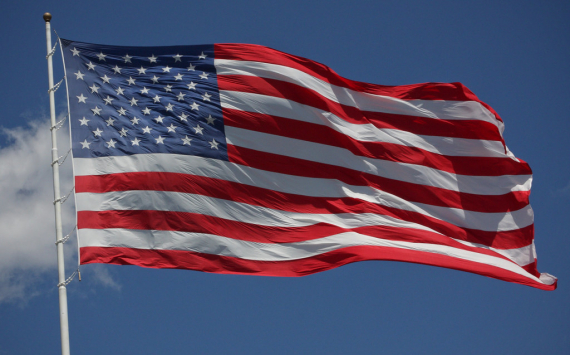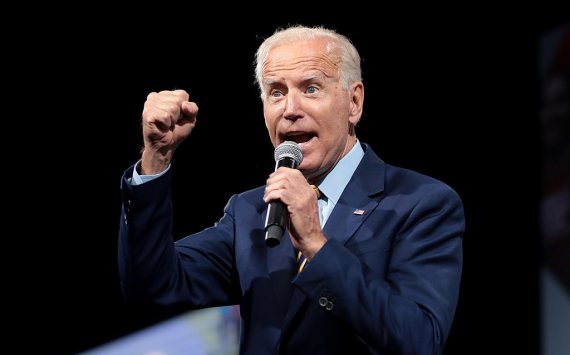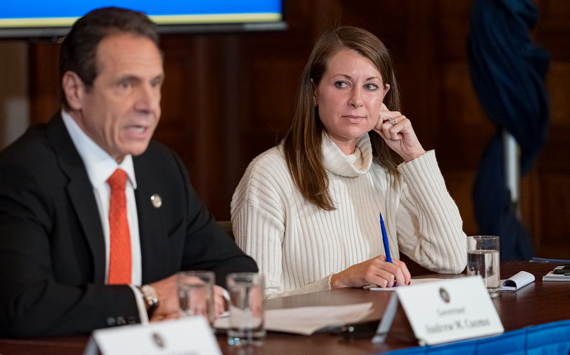Description
The Democratic Party is one of the two major contemporary political parties in the United States, along with its main rival, the Republican Party. Tracing its heritage back to Thomas Jefferson and James Madison's Democratic-Republican Party, the modern-day Democratic Party was founded around 1828 by supporters of Andrew Jackson, making it the world's oldest active political party.
Before 1860, the party supported limited government and state sovereignty while opposing a national bank and high tariffs. In the late 19th century, it continued to oppose high tariffs and had bitter internal debates on the gold standard. In the early 20th century, it supported progressive reforms and opposed imperialism. Since Franklin D. Roosevelt and his New Deal coalition in the 1930s, the Democratic Party has promoted a social liberal platform. Well into the 20th century, the party had conservative pro-business and Southern conservative-populist wings; following the New Deal, however, the conservative wing of the party largely withered outside the South. The New Deal coalition of 1932–1964 attracted strong support from voters of recent European extraction—many of whom were Catholics based in the cities. After the Civil Rights Act of 1964 and the Voting Rights Act of 1965, the core bases of the two parties shifted, with the Southern states becoming more reliably Republican in presidential politics and the Northeastern states becoming more reliably Democratic. The once-powerful labor union element became smaller after the 1970s, although the working class remains an important component of the Democratic base. People living in urban areas, women, college graduates, and millennials, as well as sexual, religious, and racial minorities, also tend to support the Democratic Party.
The Democratic Party's philosophy of modern liberalism blends notions of civil liberty and social equality with support for a mixed economy. In Congress, the party has influential centrist, progressive, and conservative wings. Corporate governance reform, environmental protection, support for organized labor, maintenance and expansion of social programs, affordable college tuition, universal health care, equal opportunity, and consumer protection form the core of the party's economic agenda. On social issues, it advocates campaign finance reform, LGBT rights, criminal justice and immigration reform, stricter gun laws, abortion rights, and the legalization of marijuana.
15 Democrats have served as President of the United States. The first was Andrew Jackson, who was the seventh president and served from 1829 to 1837. The most recent was Barack Obama, who was the 44th and held office from 2009 to 2017. As of 2020, the Democrats hold a majority in the House of Representatives, 15 state government trifectas (governorship and both legislative chambers), the mayoralty of most major American cities, and 19 total state legislatures. Four of the nine sitting justices of the Supreme Court were appointed by Democratic presidents.


